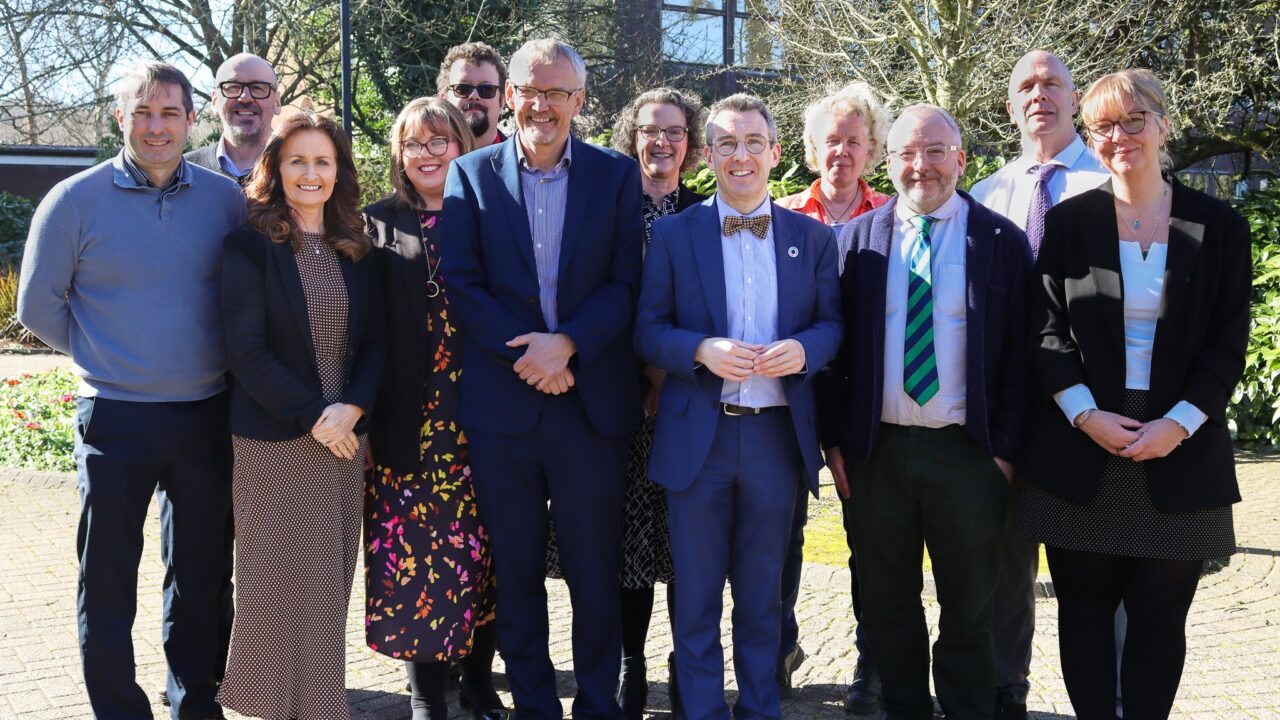The Department of Agriculture Environment and Rural Affairs (DAERA) has announced the establishment of an independent science advisory group.
DAERA said the High-Level Science Advisory Group (HLSAG), which is made up of leading scientists from across the UK and Ireland, has been established to support the department in its development of evidence-based policies across its portfolio.
Scientists were appointed to the HLSAG following a competition that commenced in July 2024.The group held its inaugural meeting at the College of Agriculture, Food and Rural Enterprise (CAFRE) Greenmount campus.
Minister for Agriculture, Environment and Rural Affairs, Andrew Muir, said: “I am delighted to announce the creation of this independent group drawn from a wide range of academic disciplines.
“Their expert advice will be central to the vision of DAERA, putting science at the heart of policy development and delivery.”
The chair of the group is Michael Whelan, professor of environmental science at the University of Leicester.
Prof. Whelan specialises in data modelling of environmental systems and in understanding the behaviour and effects of pollutants and nutrients in soil and water.
Prof. Whelan said: “I am thrilled to have been appointed as the chair of the new HLSAG. DAERA is currently facing a number of substantial challenges and policy needs to be informed by strong scientific evidence.
“I hope that the group can add value to the science base being established by the wider DAERA team and I look forward to engaging in the discussions.”
The HLSAG is made up of eight scientists:
- Prof. Phil Haygarth;
- Prof. Maeve Henchion;
- Dr. Gillian Gilbert;
- Prof. David Kenny;
- Dr. Esther Skelly-Smith;
- Dr. Katharine Steentjes;
- Dr. Thomas Woolley;
- Dr. Adrian Allen.
DAERA said the collective expertise of the group will provide independent, strategic guidance, and challenge all aspects of departmental science activities.
Minister Muir added: “This new advisory group will be an important resource to further strengthen DAERA’s ability to access, interpret and understand scientific evidence, which will be critically important to inform DAERA’s response to key strategic challenges.”
All appointments are for a three-year period.

